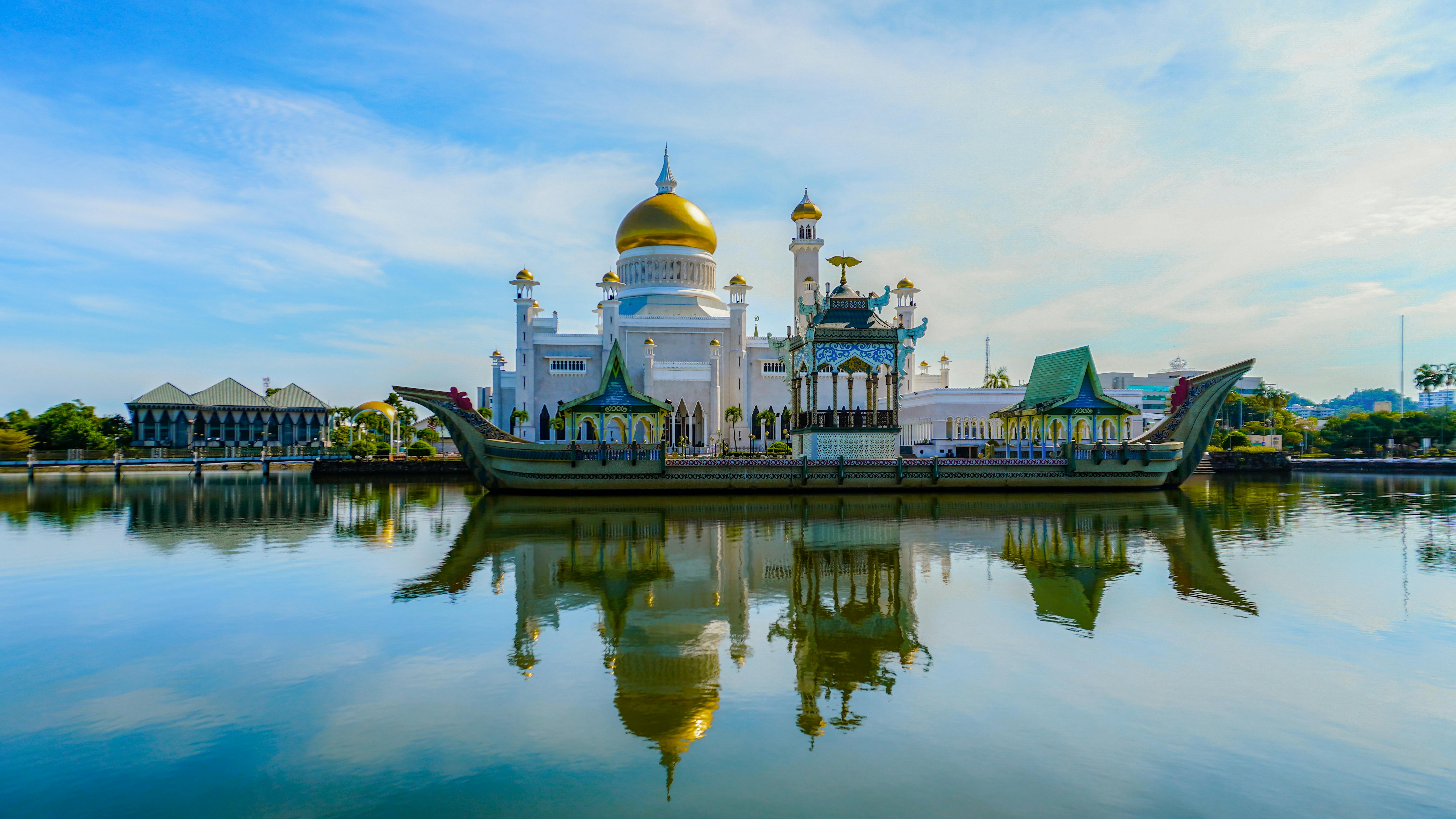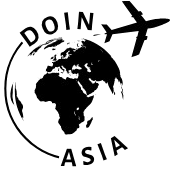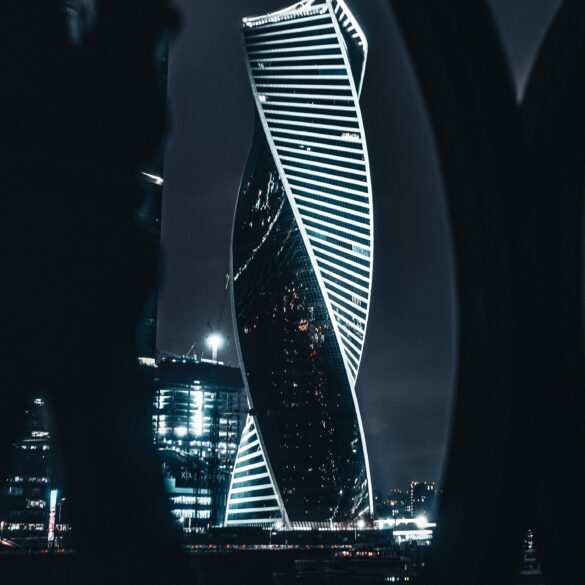Brunei Country Guide: Culture, Economy & Essential Travel Insights
Overview: Where Is Brunei and Why Does It Matter?
Let’s just say, if you ask even seasoned travelers to pinpoint Brunei on a map, most hesitate—or guess “somewhere beside Malaysia?” And honestly, who can blame them? Brunei Darussalam, an independent nation on the north coast of Borneo, rarely commands global headlines, yet this tiny oil-rich sultanate boasts a unique blend of absolute monarchy, Southeast Asian biodiversity, lush Islamic architectural marvels, and quietly progressive policies that make it a resilient outlier in the region1. But hang on: Is Brunei just a wealthy, sleepy kingdom living off oil riches, or is there more to the story? In my experience, it’s the latter—definitely. The contradictions strike you first: shimmering golden domes glinting above pristine green canopy, no visible poverty yet understated luxury, the world’s oldest reigning monarchy sitting atop innovative environmental programs. It’s a country that can’t be summed up in a single headline or even an elevator pitch—and that’s what fascinates me every time I revisit.
So, what really sets Brunei apart? The answers shift depending on who you ask: For environmentalists, it’s Borneo’s vanishing rainforests; for political scientists, its absolute monarchy and sharia law implementation amid surprising stability; for investors, its drive toward economic diversification in the face of fluctuating oil prices. Others—like myself, the first time I visited in 2017—are captivated by the contrast between local serenity and the buzz of regional geopolitics. The world’s gaze returns to Brunei regularly, especially when oil shocks or controversial legal reforms hit the news cycle2. Yet, the country’s day-to-day rhythms—market stalls, Friday mosque crowds, mangrove cruises—unfold at their own measured pace, seemingly undisturbed by storms beyond its emerald borders.
Key Takeaway: Brunei is more than a “petrostate” or a monarch’s playground—its culture, economy, and people offer a distinct lens into Southeast Asia’s diversity, moderate Islam, local resilience, and cross-roads of tradition and global change. Traveling or doing business here upends assumptions, challenges clichés, and reveals a quietly complex society under a seemingly placid surface.
Still with me? Good. Before we dig deeper, here’s a quick set of facts that’ll help you situate Brunei in the region and in your own mental map.
Brunei in Brief:
- Full Name: Negara Brunei Darussalam (“Abode of Peace”)
- Location: Northern coast of Borneo, surrounded by Malaysia, facing the South China Sea
- Population: About 450,000 (2024 estimate3)
- Government: Absolute Monarchy, Head of State is Sultan Hassanal Bolkiah
- Main Language: Malay (English widely spoken)
- Main Religion: Islam (Shafi’i Sunni), Sharia implemented alongside civil law
- Currency: Brunei Dollar (BND, on par with Singapore Dollar)
- Major industries: Oil & Gas, Public Sector, Tourism, Islamic Finance
Why Brunei Now?
Brunei is drawing fresh international attention4 as Southeast Asia’s energy, tourism, and sustainability landscapes evolve. This is the right moment to look past the clichés and discover how a nation with one of the highest per capita incomes in Asia—and some of the world’s largest remaining rainforests—is crafting its next chapter.
Cultural Landscape: Religion, Tradition & Modernity
When most people picture Brunei, it’s either gleaming gold domes or news stories about the Sultan’s extraordinary wealth. But that’s only the easy answer—what actually shapes daily life here, in my view, is an intricate blend of tradition, strong religious frameworks, and selective adaptation of modern influences. To be clear: Brunei is deeply Islamic, with an official language, state ideology (the “Malay Islamic Monarchy”), and a legal system where Sharia co-exists with civil codes. But the reality on the ground? Way more nuanced. During my 2022 stay, I marveled at how business meetings would pause for prayer (even at glossy hotel venues), yet secular English-language media thrived; young professionals toggled between modest hijab and Instagram streetwear in Bandar Seri Begawan’s cafes. The original version of myself expected rigid conservatism; what I witnessed was community and adaptability in equal measure.
Brunei’s unique cultural identity isn’t just a relic of the past—it’s a living, evolving narrative. Local festivals, Islamic holidays, Chinese New Year, and multicultural events all play out against the backdrop of an absolute monarchy—a system that, for better or worse, genuinely maintains social peace and a sense of order. Generational differences are striking: older Bruneians value protocol and hierarchy, while younger locals (especially those who’ve studied abroad) quietly champion personal expression and digital entrepreneurship. The result? Ordinary society exists in the tension between respect for monarchy and faith and the private negotiation of modern cosmopolitan routines5.
“Visitors are surprised by how calm, safe, and quietly international Brunei feels—yes, social rules are clear, but everyday life rewards respect, discretion, and open-minded curiosity.”
Let’s get granular—here’s how local culture shows up day-to-day, from government to street level:
- Respect for Authority: The Sultan’s face is everywhere—from currency to corporate lobbies—and loyalty to the monarchy is deeply internalized.
- Collectivism: Large extended families, neighborhood support networks, and communal religious practices define social life.
- Social Modesty: Dress codes for public spaces remain conservative. Open displays of affection or criticism of royalty are avoided.
- Ritual and Ceremony: Religious events—Friday prayers, Eid, Ramadan—structure the calendar, with local hospitality central to celebrations.
- Multicultural Interplay: While ethnic Malays are dominant, significant Chinese and indigenous communities contribute to economic and culinary diversity.
All said, what caught me off guard wasn’t the protocol or religiosity, but the quiet cosmopolitanism: English spoken everywhere, international cuisine side-by-side with night market satay, and a surprising embrace of visiting professionals and students (within well-defined guidelines).
Economic Realities: Oil, Diversification & Business Environment
“Is Brunei just an oil state?” I’ve been asked this dozens of times—and I get why. Yes, hydrocarbons represent about 60% of GDP and over 90% of exports6. Oil (discovered in Seria in 1929) transformed an overlooked sultanate into one of the world’s wealthiest countries by GDP per capita (over $39,000, IMF 2024)7. Yet, paradoxically, this dependence is a double-edged sword. If you talk to Bruneian economists—or just chat with coffee sellers in Gadong—you’ll hear both immense pride and anxiety about future volatility. Even the Sultan himself admits that diversification is “no longer optional.”
What Brunei Does Right…And What It Fears
- Strong sovereign wealth funds underpin vast public-sector benefits—education, healthcare, housing—still almost entirely free8.
- Non-energy sectors lag, especially tourism and private enterprise—there’s real urgency around entrepreneurship, SMEs, and digital economy policies.
From a business or policy perspective, the tension is palpable: How does Brunei future-proof prosperity while maintaining social order and environmental stewardship?
“Brunei faces an existential economic challenge—sovereign reserves buy time, but the essential question now is how to ignite non-oil growth while preserving what makes Brunei unique.”
| Sector | Contribution to GDP (%) | Key Exports/Outputs | 2024 Trend |
|---|---|---|---|
| Oil & Gas | ~60 | Crude oil, LNG | Stable, at risk due to volatile prices |
| Services | ~33 | Education, finance, government | Modest growth, digital focus |
| Agriculture & Fisheries | ~1.5 | Rice, fish, halal products | Expansion, food security push |
| Tourism | <1 | Eco, Islamic, cultural | Recovering, eco/culinary focus |
The upshot? Brunei’s “Vision 2035” aims to diversify, digitize, and upskill—but policy inertia and cultural caution mean incremental, not revolutionary, growth. For global investors and entrepreneurs, this presents both barrier and possibility in equal measure.

People, Society & Local Life
“So what’s daily life really like?” If you’re picturing oil barons in limousines, think again. In Bandar Seri Begawan, mornings start early with calls to prayer—both an auditory anchor and a community cue9. Hawker centers come alive with chatter in three languages, and the pace is—on the surface—serene. But beneath the calm, Bruneian society is anything but uniform. A little-known fact: indigenous groups (Dusun, Belait, Kedayan, and others) make up nearly 30% of the population, and their contributions—to culture, language, and environmental stewardship—are increasingly recognized in official programming.
Image: Diversity in Bruneian Dress and Community Markets (actual photo omitted for privacy)
One of my favorite local experiences (still vivid, years later): joining a wedding celebration in Kampong Ayer, the famous water village. The sense of inclusion, ritual, and respect for elders is striking, yet so is the embrace of smartphones and selfie-sticks—a living example of harmony and contradiction. Families often include three generations under one roof, and meals are shared affairs where conversation easily toggles between current events and Quranic teachings.
“Brunei’s social fabric is built on cooperation, religious faith, and hospitality—visitors who approach with openness are almost always rewarded with lasting friendships and new understanding.”
It’s not all serenity, though. Generational shifts—especially among women and youth—are accelerating. While visible social progress is slow (for example, in gender parity or LGBTQ+ rights), you can see the change in university classrooms, online ventures, and subtle advocacy efforts. The government, for its part, encourages digital literacy and national unity, but draws distinct boundaries when it comes to political expression. Freedom indexes rank Brunei as more controlled than neighbors, yet with high levels of “felt” safety, cleanliness, and community Well-Being10.
Local Insight: Brunei’s youth unemployment dilemma (around 9% in 2024) provokes much coffee shop debate. Ask young Bruneians and they’ll mention dreams of NGOs, tech start-ups, or teaching English abroad—but also loyalty to the public sector’s promise of security. This generational negotiation defines much of Brunei’s near-term social climate.
Travel Essentials: Visiting Brunei in Practice
If you’re planning a visit, don’t expect the over-touristed bustle of neighboring Kota Kinabalu or Bali. Brunei’s foreign tourist numbers hover at ~290,000 per year (pre-pandemic)11—serene, uncrowded, refreshingly authentic. What caught me out my first week? No alcohol on sale, daily “Friday closure” for public prayer, and yes, tap water that’s safe to drink (true rarity in the region). Travel isn’t just safe, it’s easy—flights connect through Singapore and Kuala Lumpur, and entry requirements remain straightforward for most nationalities12.
- Accommodation: Diversified options—from waterfront luxury hotels to eco-lodges abutting Ulu Temburong National Park.
- Transport: Reliable taxis and car hire, but limited public transport; water taxis are essential for Kampong Ayer access.
- Local Experiences: Prayer halls, floating markets, river safaris, and surprisingly international food courts.
- Etiquette: Respect customs—cover shoulders in mosques, remove shoes when entering private homes, ask before photographing locals.
The highlight for most travelers? The contrast between opulent mosques (Sultan Omar Ali Saifuddien Mosque must be seen at sunset) and the raw biodiversity of protected reserves. Eco- and cultural-tourism are growing, but you won’t see packaged tours in the Western sense; advance planning—ideally with Bruneian guides—makes all the difference.
| Travel Season | Weather | Events/Festivals | Tip |
|---|---|---|---|
| June-August | Hot, less rain | Royal birthday, Gawai (harvest festival) | Good for jungle trekking |
| Nov-Jan | Monsoon, heavy rain | End-year shopping, arts | Discounted hotel rates |
| Ramadan | Variable | Night markets, breaking fast events | Respect religious customs strictly |
Travel Smart:
Brunei’s commitment to safety and order means low crime rates and friendly regulations, but also strong enforcement of rules around alcohol, drugs, and public conduct. For digital nomads, high-speed internet is standard, but public Wi-Fi can be patchy—rely on local SIMs.
Environment & Nature: Biodiversity and Conservation
Let me be honest: If you appreciate pristine rainforest, Brunei will spoil you for life. Nearly 70% of Brunei’s territory remains forested; Temburong National Park is internationally renowned for its untouched primary rainforest and canopy walks. Conservation is not a buzzword here; government policy actively limits logging and unsustainable development13. The catch? Balancing environmental protection with the ongoing push for economic diversification—a constant policy debate, and one where tourism and research are cautiously expanding. Bird-watchers and biologists tell me Brunei’s diversity rivals that of far larger neighbors—a claim, I admit, I was initially skeptical about, until witnessing hornbills, proboscis monkeys, and thriving mangrove systems in a single morning boat tour.
“Brunei can set the standard for rainforest preservation in Asia. Real change needs local involvement, science-based policy, and above all, national pride in the natural heritage.”
- Eco-Tourism: Growing, but careful growth. Small-group river cruises, jungle treks, and birdwatching are top draws.
- Environmental Education: Local schools integrate biodiversity field trips; universities attract global researchers.
- Marine Reserves: Coral reef preservation and protection of endangered species.
Current Challenges & Future Opportunities
Does Brunei have it all figured out? Not exactly. Even officials I spoke to at a 2022 trade event admitted that economic dependency, slow policy implementation, and brain drain pose real risks. And there are social tensions, from generational divides around freedom and globalization to the complex role of religion in daily policy. Yet, there’s also real optimism—a “small but strong” mentality pervades discussions, helped by strategic alliances (notably with Singapore, Malaysia, and major East Asian economies14) and renewed focus on responsible tourism, digital growth, and education exchange.
Actionable Takeaway: For global professionals, researchers, investors, and travelers: Brunei rewards patience, respect, and authentic engagement. Solutions here rarely come overnight, but collaborative, small-scale innovation often paves the way for long-term opportunity.
- Respect evolving customs; change in Brunei is incremental but persistent.
- Engage local partners for business, research, or ecotourism success—insider perspective is invaluable.
- Monitor regional dynamics; Brunei’s geographic and economic relevance rises and falls with Borneo’s broader shifts.
References & Further Reading
Authoritative References


